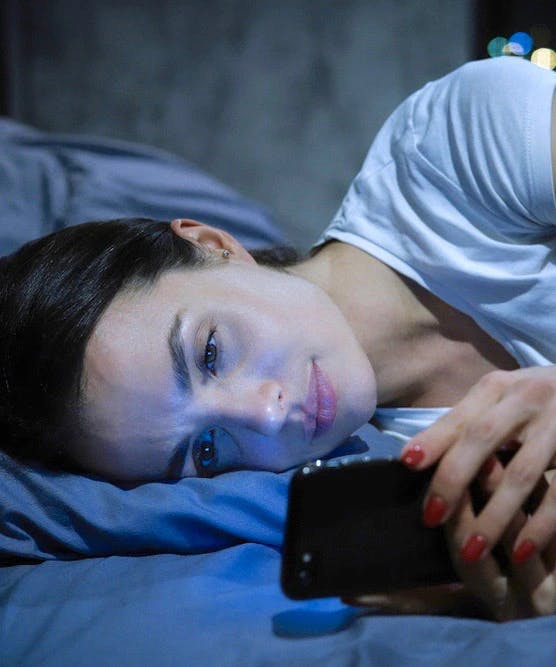How Social Media Comparison Harms Your Emotional And Physical Health
Do you find yourself secretly sizing up everyone around you? Perhaps you have a sense that you’re not as successful, attractive, or funny as others in your circle.

Social media comparison is a real thing, and psychologists have found a link between comparison and increased depression rates in our culture.
The Trap
Grueling days of dealing with deadlines, disappointed bosses, and critical coworkers leave us in a frenzy of negative emotions. We pull out our phone to help us “relax” and see a friend got a new pedicure for her two-week vacation in Papa New Guinea. "Ah, if only I had her life, I’d be happy,” we think to ourselves.
The Green-Eyed Monster
With not only our own lives on our minds, we've got other people's lives spread wide across our screens thanks to the prominence of social media. We get caught up in that one friend's affairs (you know the friend, we've all got one) who seems to have everything together. We compare ourselves at the click of a button to celebrities who have everything they could ever want and then some. We think, if only we had more money or were famous we’d be happier, right?
We compare ourselves at the click of a button to celebrities who have everything they could ever want and then some.
Fear of Missing Out
It’s called "FOMO" – Fear of Missing Out – and it disguises itself as just keeping up with trendy social media happenings. However, these “subtle” social comparisons are damaging to our emotional well-being, and it’s creating a slew of other health issues.
What It Does to Our Emotions
Psychologists now confirm that envy is damaging to our emotional welfare and has spurred a drastic increase in low self-esteem and depression rates. According to cognitive research, after prolonged comparison habits, our brains create “jealousy circuits” which are the same areas associated with fear, anger, and disgust. These areas in our brains become reinforced and stronger as we engage in these destructive thought patterns. In turn, these circuits become second nature if we don't address them, and we fall victim to the jealousy bug.
Psychologists now confirm that envy is damaging to our emotional welfare and has spurred a drastic increase in low self-esteem and depression rates.
What It’s Doing to Our Bodies
Physical sensations of envy are not any more enjoyable. When jealousy hits, it hi-jacks our fight-or-flight response sending our adrenaline and noradrenaline levels through the roof. This toxic response results in unwanted stress on our cardiovascular system and higher blood pressure. Not able to focus anymore? Excess adrenaline will also have you distracted and unable to pay attention when you see your coworker’s new hot spot on the beach.
Why Compare?
Why do we compare though? According to cultural psychologists, we compare because our possessions and social status mean a lot to us—they say something about our worth and value as a human being. When someone has what appears to be more successful in these areas, we grow greener than the Grinch at Christmastime.
We compare because our possessions and social status mean a lot to us—they say something about our worth and value as a human being.
Recovery Is Possible
The good news is that we can get out of this trap. A habit takes sixty-six days to form according to the most recent research, and although it may be difficult at first to limit our social media scrolling, refocusing our mind on what we DO have to be thankful about is possible. Eventually, with time, we can become more positive, peaceful and joyful as we learn to see ourselves in a healthy perception and not to count other’s good fortunes more than our own.
Closing Thoughts
After all, we each have gifts and talents unlike anyone else in this world, so why bother trying to be someone else? Your emotional and physical well-being will thank you because, in the end, you can’t take your (or your friend’s) Instagram with you.